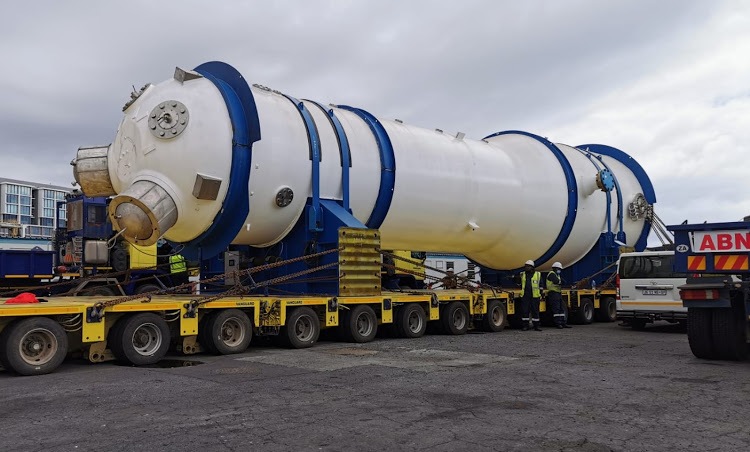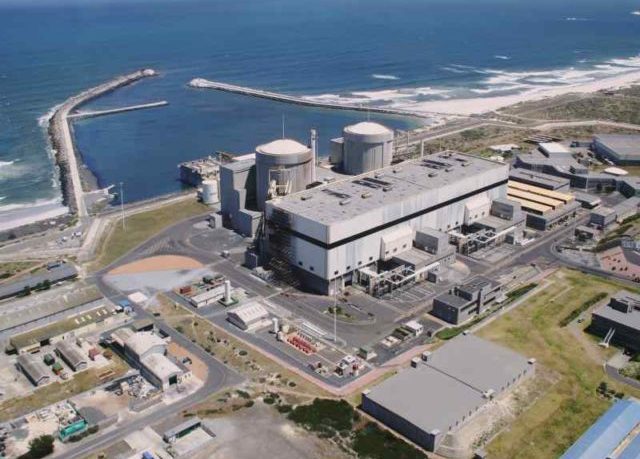News Flash
- South Africa’s Koeberg Nuclear Power Station will be performing a full load rejection test on Unit 1 today.
- This is the final test that needs to be performed following the installation of the new steam generators.
- The controversial life extension programme has be plagued with cost overuns and delays. Read more
The purpose of the full load rejection test is to verify and demonstrate the ability of the unit to supply its auxiliary load and return to steady state conditions following a sudden disconnection from the national grid. The South African Grid Code (SAGC) requires that units be tested if modifications are made that could impact their capability to meet the SAGC requirements.
As part of the steam generator replacement project, significant changes (modifications) were made on numerous plant components, including control systems. Therefore, in line with SAGC, the response of the unit to a full load rejection incident needs to be tested and verified.

In October 2020, one of six new 380-ton steam generators arrives at Koeberg nuclear power station in Cape Town for the plants life extension programme. Image
credit: Eskom
Prior to and in preparation of the full load rejection test, various commissioning tests were performed successfully. As a result, Eskom is confident that this test will be a success. However, in the unlikely event of the test failing and resulting in a unit trip, Eskom says the Koeberg team is ready to respond and will work towards safely returning the unit back to service as soon as possible.
Author: Bryan Groenendaal















